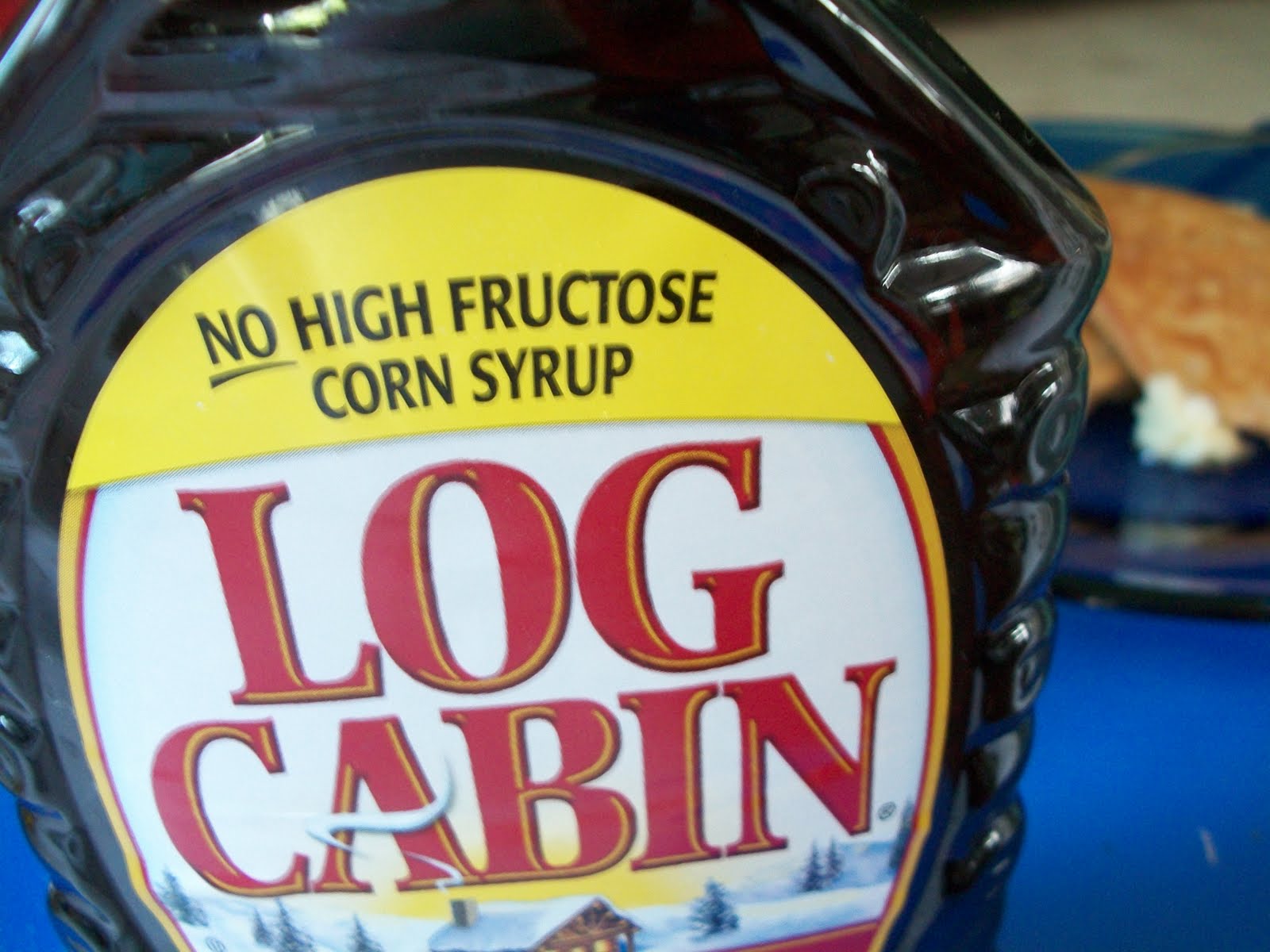
Recently, there have been a wave of commercials disseminating the idea that high fructose corn syrup (HFCS) is fine in moderation. However, there are also commercials implying that high fructose is bad at any level and should be avoided. In fact, many fitness industry professionals advise that all foods and drinks containing high fructose should be avoided. What’s the real deal with HFCS?
Does the consumption of HFCS lead to obesity?
In recent years, sucrose has been replaced in many commercial products by HFCS. Corn syrup is primarily glucose, which is only about 70 percent as sweet as sucrose. However, fructose is about two and a half times as sweet as glucose. A commercial process has been developed that uses an isomerase enzyme to convert about half of the glucose in corn syrup into fructose. HFCS is just as sweet as sucrose.
The consumption of sugar-sweetened drinks has been linked to obesity in the United States. A common explanation is that calorie containing liquids are less filling than solid foods, which leads to overconsumption of calories. However, numerous studies have shown that sugar containing liquids, when consumed in place of usual meals, may lead to significant and sustained weight loss (1).
“The hypothesis that fructose, HFCS, and caloric beverages play a unique role in obesity and type 2 diabetes beyond their inherent energy contributions has generated tremendous attention from scientists and the media, but there's no credible scientific support,” says John S. White, Ph.D. and president of White Technical Research (5). “The American Medical Association helped put to rest a common misunderstanding about high fructose corn syrup and obesity stating that ‘high fructose syrup does not appear to contribute to obesity more than other caloric sweeteners.’ Even former critics of high fructose corn syrup dispelled myths and distanced themselves from earlier speculation about the sweetener's link to obesity in a comprehensive scientific review published in the December 2008 American Journal of Clinical Nutrition” (4).
The addition of HFCS to a negative energy diet does not cause weight gain. You don’t have to get rid of all the sodas in your pantry. Just make sure to drink in moderation (2).
The majority of data used to support a link between obesity and fructose consumption is derived from epidemiological studies and does not establish causation (3). The cause of obesity involves a positive energy consumption (from all calorie sources) on a regular basis.
References
- Drewnowski A, Bellisle F (2007) Liquid Calories, sugar, and body weight. American Journal of Clinical Nutrition 85(3):651–61.
- Hale J (2010) Should I Eat the Yolk? To Get You Lean, Fit and Healthy. Berkeley, CA: Ulysses Press.
- Rippe JM (2010) The health implications of sucrose, high fructose corn syrup, and fructose: what do we really know? J Diabetes Sci Technol 4(4):1008–11.
- Science Blog. Scientists Say Consumers Confused About Sugars. From: # Online September 19, 2009; no longer available.
- White JS (2008) Weak Association between Sweeteners or Sweetened Beverages and Diabetes. American Society for Nutrition. J Nutr 138:138.









